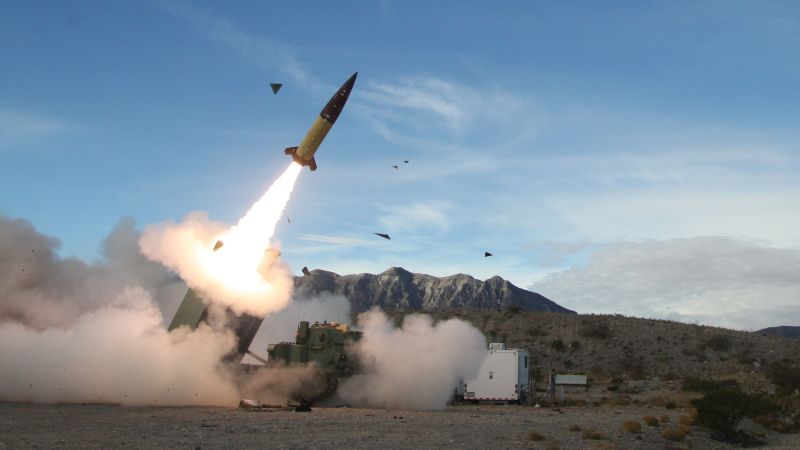World
Trump accuses Panama of exploiting US vessels, threatens to capture the canal

President-elect Donald Trump took to Truth Social, where he threatened to reclaim control of the Panama Canal, constructed by the United States in the early 20th century.
Trump accused Panama of exploiting American vessels by imposing “exorbitant prices” to access the waterway, which serves as a vital shortcut between the Atlantic and Pacific Oceans. Without the canal, ships would face the arduous journey around South America’s treacherous Cape Horn.
Trump’s comments referenced the 1977 treaty that transferred control of the canal from the United States to Panama. The treaty, widely regarded as one of President Jimmy Carter’s landmark achievements, marked the end of US administration over the canal in the late 20th century.
ALSO READ| Trump picks Apprentice producer to be special envoy to UK
Trump’s sudden focus on the Panama Canal is very surprising
However, Trump criticized Carter’s decision, saying, “Our Navy and Commerce have been treated in a very unfair and injudicious way. The fees being charged by Panama are ridiculous, especially knowing the extraordinary generosity that has been bestowed to Panama by the U.S.”
“If the principles, both moral and legal, of this magnanimous gesture of giving are not followed, then we will demand that the Panama Canal be returned to us, in full, and without question.”
“The fees being charged by Panama are ridiculous, especially knowing the extraordinary generosity that has been bestowed to Panama by the U.S,” he added.
The canal’s fee structure ranges from as little as $0.50 to $300,000, depending on the size of the vessel. Despite these fees, the canal remains an indispensable route for global trade, with the United States being its largest user, followed by China and Japan.
ALSO READ| Lara Trump steps back from senate race, promises major news in January
However, his post comes amid broader concerns about the canal’s operations. Earlier this year, a severe drought forced Panamanian authorities to reduce ship crossings by 36%, significantly impacting international trade routes.










